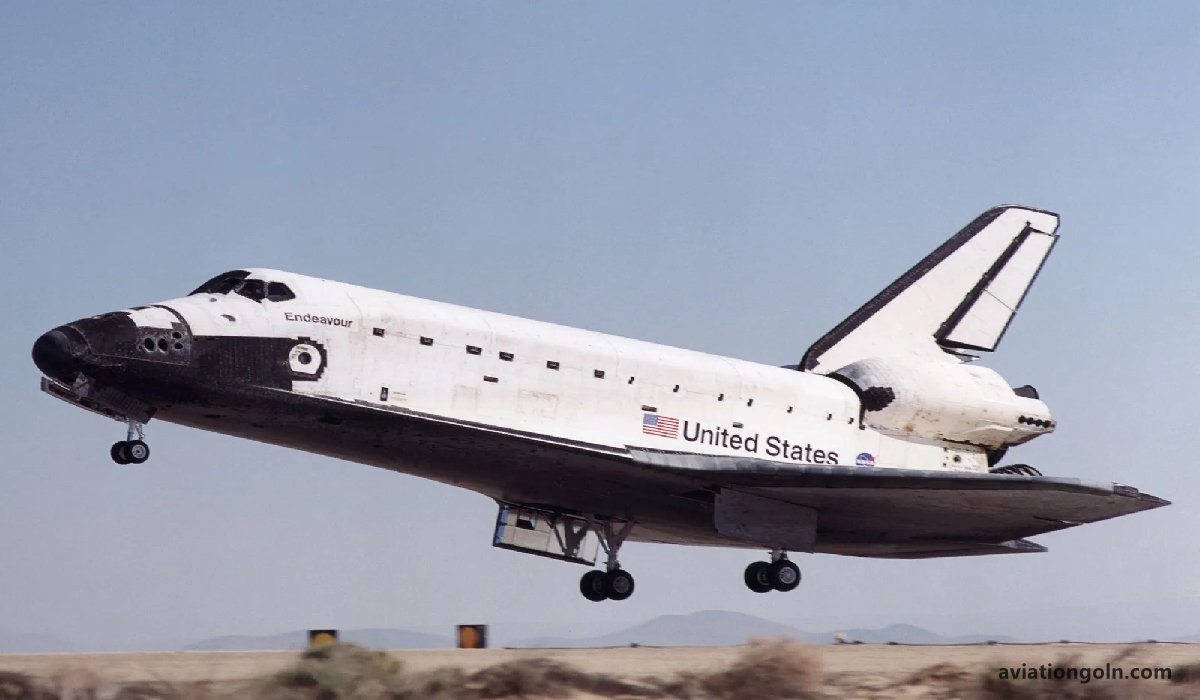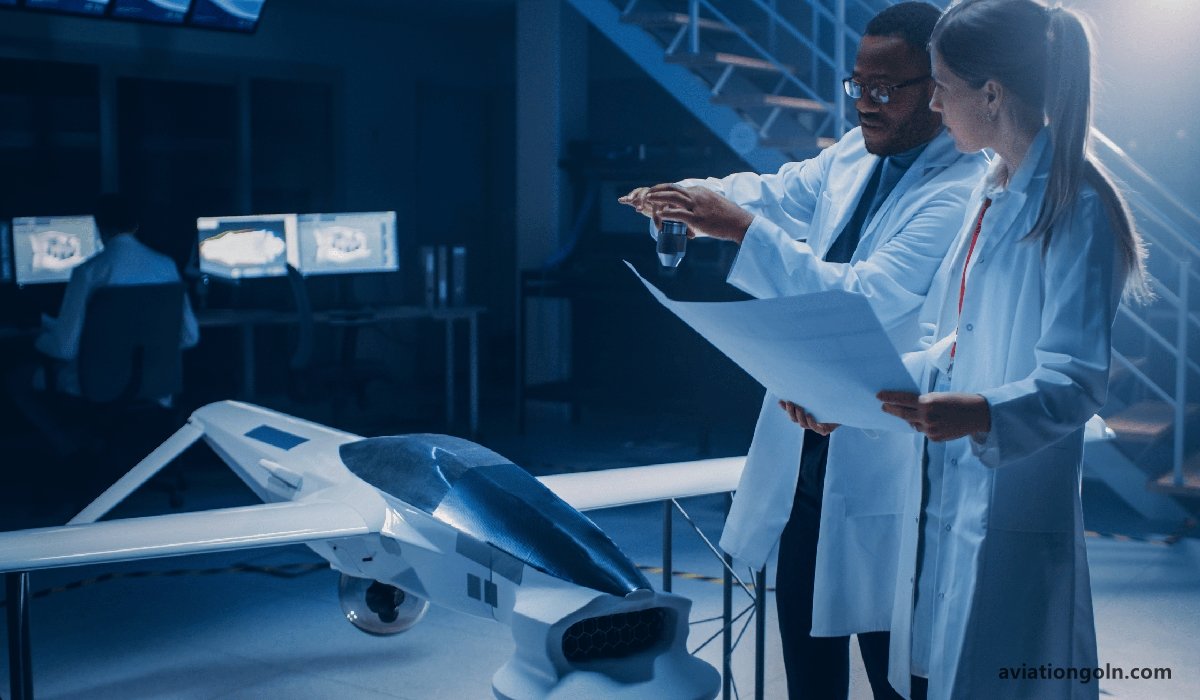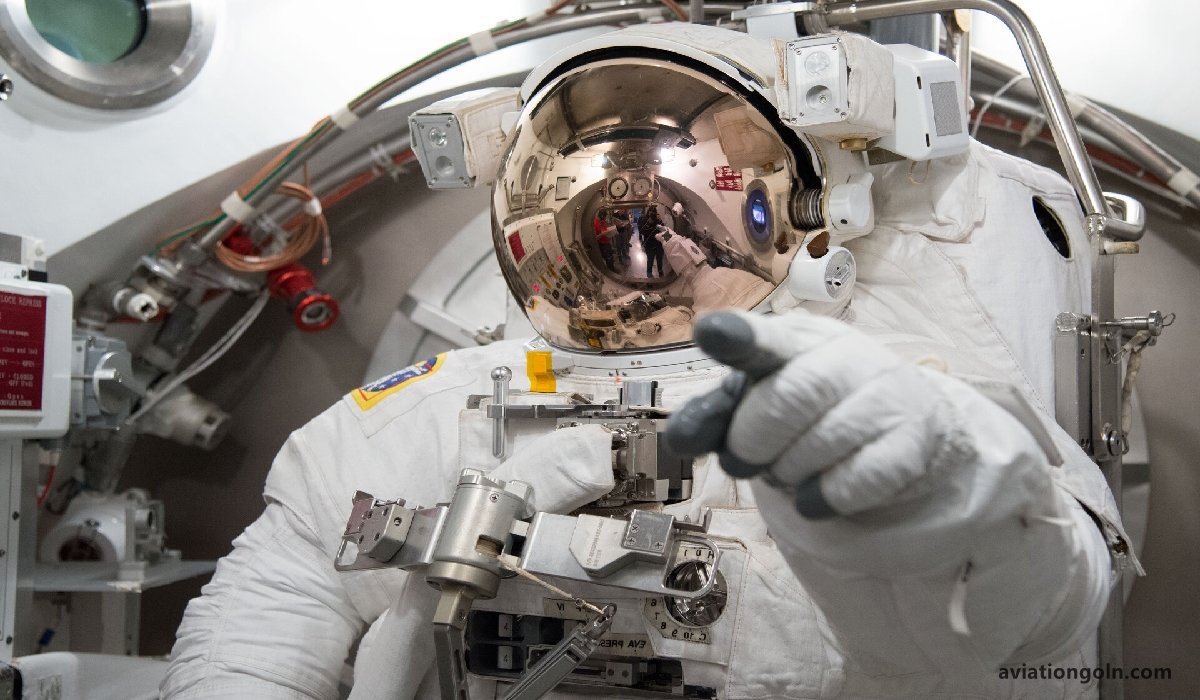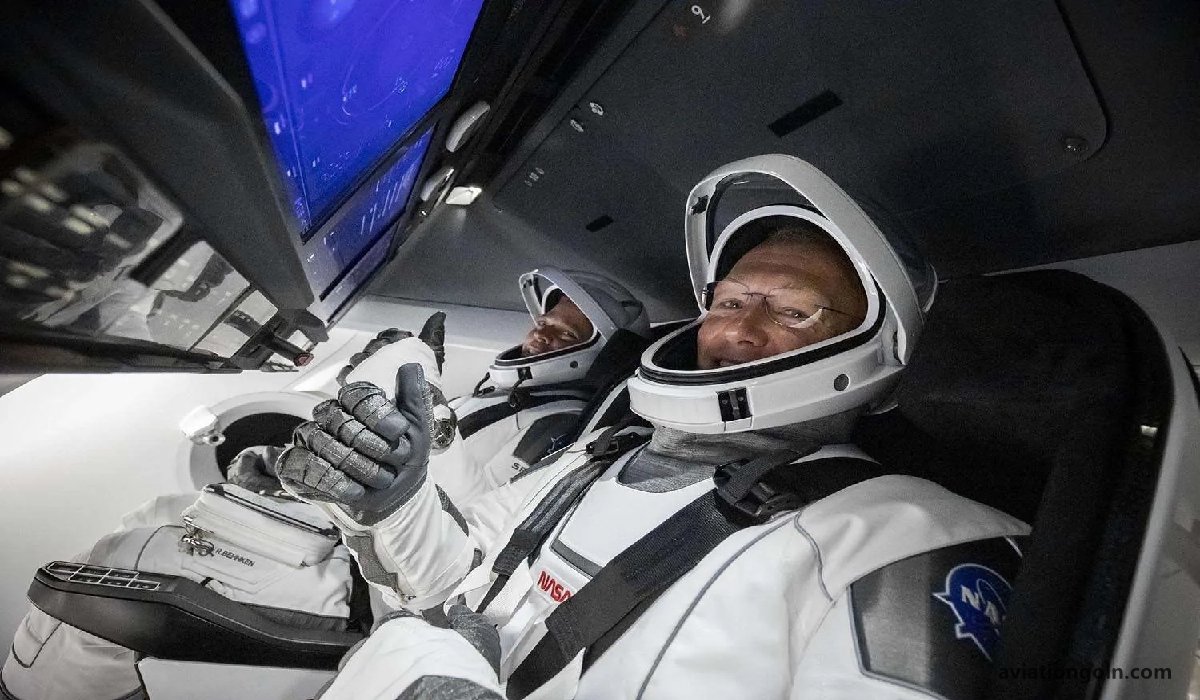Spacecraft Engineers: The realm of space exploration has always been at the forefront of human curiosity and scientific advancement. With the growing commercialization of space and the continuous drive to explore the vastness of the universe, the role of spacecraft engineers has never been more significant.
These highly skilled professionals are the architects behind humankind’s ventures into space. This article sheds light on the world of spacecraft engineers, their roles, qualifications, challenges, and opportunities in the burgeoning space aviation industry.
Spacecraft Engineers: Space Aviation Careers

II. Who are Spacecraft Engineers?
Spacecraft engineers, often interchangeably referred to as aerospace engineers, specialize in designing and building vehicles that operate outside the Earth’s atmosphere. These include satellites, space probes, space stations, and crewed spacecraft. These engineers combine principles from mechanical, electrical, and aerospace engineering to develop systems that can withstand the extreme conditions of space.

III. Roles and Responsibilities
- Design: They are responsible for the initial design of the spacecraft, ensuring that every component, from propulsion systems to life support, functions efficiently and safely in space.
- Analysis: Using advanced computer software, they analyze designs to predict how they will perform in space, considering aspects like potential stresses, temperatures, and other factors.
- Testing: Spacecraft engineers oversee the testing phase, simulating space conditions to ensure the vehicle operates as expected. This phase can include thermal vacuum tests, vibration tests, and acoustic tests.
- Launch Support: Engineers collaborate with launch teams to ensure successful deployment of the spacecraft, resolving any issues that might arise during the launch.
- Maintenance and Troubleshooting: Once in space, engineers continue to monitor spacecraft systems, diagnosing and resolving any issues that may occur.

IV. Required Education and Skills
A career as a spacecraft engineer typically requires:
- Educational Background: At minimum, a bachelor’s degree in aerospace engineering, mechanical engineering, or a related field. Many also possess master’s or doctoral degrees specializing in specific areas of space technology.
- Problem-Solving Abilities: Engineers frequently encounter unforeseen challenges and must devise solutions quickly.
- Teamwork: Given the interdisciplinary nature of space missions, collaboration with professionals from various fields, including biologists, astrophysicists, and computer scientists, is crucial.
- Technical Proficiency: Mastery over computer-aided design (CAD) software, simulation tools, and other specialized software is essential.
- Continuous Learning: Space technology is constantly evolving, and staying updated is paramount.

V. Specializations
As space exploration has expanded, so too have the opportunities for specialization. Some areas include:
- Propulsion Systems Engineering: Focuses on developing engines that propel spacecraft.
- Structural Engineering: Centers on designing the spacecraft’s structure to withstand the stresses of space travel.

- Avionics Engineering: Pertains to the development and integration of electronic systems, including navigation, communication, and sensors.
- Life Support Systems Engineering: Vital for crewed missions, this involves creating systems that provide essentials like oxygen, water, and food.

VI. Opportunities and Challenges
The space aviation industry is experiencing unprecedented growth, driven by both government space agencies and private entities. As a result, the demand for skilled spacecraft engineers is on the rise.
- Commercial Spaceflight: Companies like SpaceX, Blue Origin, and Virgin Galactic are leading the charge in commercial spaceflight, requiring a plethora of engineers.
- Satellites and Communication: As the world becomes more interconnected, the demand for communication satellites continues to grow. Engineers in this domain work on designs that improve global communication and data transfer.
- Deep Space Exploration: Ambitious missions to Mars, asteroids, or even beyond require engineers to devise new technologies and methodologies.

However, the path is not without its challenges:
- High Stakes: A single mistake can jeopardize an entire mission, leading to financial losses and potential setbacks in space exploration.
- Rapid Technological Advancements: The fast-paced nature of technological advancements means engineers must continuously update their skills.
- Physical and Mental Demands: Engineers often work long hours, especially during mission-critical phases, and must manage high levels of stress.
VII. The Future of Spacecraft Engineering
With ambitious projects like the colonization of Mars on the horizon, the next generation of spacecraft engineers will venture into territories we can only dream of today. Innovations in propulsion, artificial intelligence, and sustainable life support systems will define the next epoch of space exploration.
The potential fusion of biotechnology with spacecraft engineering, enabling bio-integrated spacecraft, might also be a promising field. Such convergence could lead to spacecraft that can self-repair, adapt to space environments, or even harness energy more efficiently.

The role of a spacecraft engineer is both demanding and rewarding. As gatekeepers to the vast expanse of space, they bear the responsibility of turning humanity’s extraterrestrial dreams into reality. With a blend of creativity, technical expertise, and sheer determination, spacecraft engineers stand at the frontier of our quest to understand the universe and our place within it. As commercial and exploratory interests in space continue to grow, so will the opportunities and challenges faced by these stellar architects of our future.
